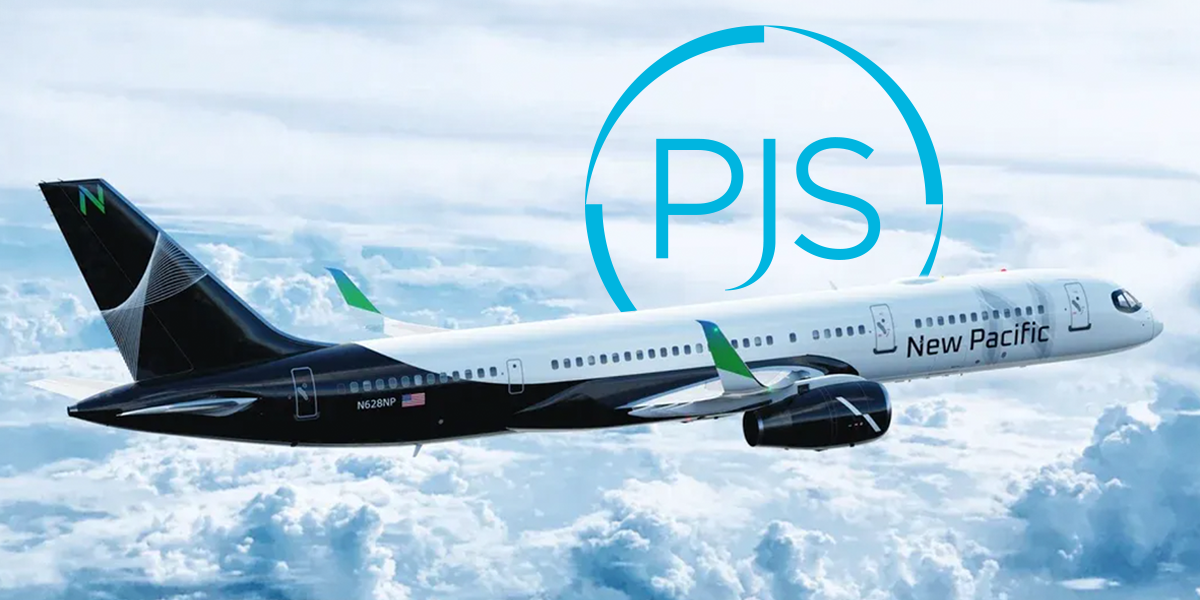Flying privately has clear benefits when compared to commercial airlines, albeit at a higher cost of entry. The added investment includes time and financial resources. Navigating the negotiation and contracting of a private aviation solution can be time-consuming and confusing even for veteran fliers. Jet Card programs were created to streamlines the procurement process, making it hassle-free and providing visibility into pricing on a long-term basis. Jet Card members can reserve a new flight with a click or a short call, whichever their preference.
It is important to note each Jet Card program has its own rules. So, before you select your preferred Jet Card provider there are five important questions to ask before you buy.
Table of Contents
1. What are Your Safety Standards?
Understanding your Jet Card providers safety policies, practices and infrastructure is critical. It is imperative to ask questions about operator and aircraft guidelines for service, quality and safety practices.
For example, Private Jet Services, staffs an in-house safety team led by a full-time Director of Safety. The company features $500,000,000 of liability coverage on every flight regardless of aircraft size.
2. What is the Lead Time for Reservations, Including Peak Days?
Two considerable benefits of Jet Card membership are the flexibility of smaller airports located closer to homes and offices, and the convenience of a simplified booking process. In this regard, the buyer must be aware. Minimum call-out windows vary from program to program, and the number and specific peak days vary across providers. Some leading national Jet Card programs offer as few as 20 peak days and no blackout dates. Still, others restrict flying to non-peak days only, charge usurious surcharges, and have almost 60 peak days on their annual calendar.
For example, the PJS Jet Card features 365-day availability with zero blackout dates, and the ability to fly with only 10 hours’ notice. In 2018, the PJS Peak Day calendar lists only 20 peak days.
3. What Happens When I Travel With More People or Fewer People Than My Selected Program Aircraft Accommodates? What are My Upgrade and Downgrade Options?
Many companies charge a service or an upgrade fee for using aircraft outside your contracted category in addition to the rate for the new category. Commonly referred to as an “Interchange Rate”, this disincentive to change product categories ensures customers are buying into the most appropriate aircraft for their particular needs. In fact, most clients will need to fly on different aircraft throughout the life of their membership. A super-mid cabin Jet Card designed for cross-country travel makes for an inefficient solution when hopping between Teterboro and Nantucket. Savvy fliers will look for programs without interchange rates and which provide maximum flexibility to fly the most appropriate aircraft on a trip-by-trip basis.
For example, the PJS Jet Card allows members to fly any category of aircraft without interchange loss. Members are debited at the prevailing rate of the category requested for each trip undertaken.
4. Are There Fuel Surcharges?
The way prices are quoted for jet cards varies enormously. Some companies quote an all-inclusive price, locking rates for a predetermined duration, typically 12 months from the time of purchase. Other companies quote a base price and then add on items such as fuel surcharges, taxes, and aircraft landing fees. These “extras” can add up to more than double the base price. In today’s environment of rapidly escalating fuel costs, Jet Card fuel surcharges at some of the national firms exceed $2,000 per flight hour, on top of the already healthy hourly rates.
The PJS Jet Card offers locked rates for 12 months and funds never expire. Rates are all-inclusive of taxes, management fees, membership fees, ground handling, and fuel costs. In addition, with the PJS Jet Card there are absolutely no interchange fees, no empty leg or deadhead fees.
5. What Happens to My Funds When I Purchase a Jet Card?
Jet card programs are deposit-based and typically packaged in denominations such as $50,0000, $100,000, $250,000 and $1,000,000. Still other programs are sold by hourly increments, with the most popular offerings including the 25-hour and 50-hour Jet Cards.
With the industry’s most well-financed companies, Member payments are deposited directly into individual escrow accounts. In this arrangement, funds are held by an independent, third-party financial institution, and are only paid over to the jet card company when flights are completed.
PJS pioneered this program, deposited all customer funds into third-party escrow accounts held at one of the world’s largest banking institutions (UBS). Flight payments are funded by operating accounts, and Member funds are only withdrawn after successful completion of each flight.
The aviation consultants at Private Jet Services have extensive experience helping our clients plan trips large and small. So, we understand that there are often a number of questions that come along with private jet travel. That’s why we put together this list of important questions to ask to make purchasing a Jet Card more transparent, and hopefully a little easier.




